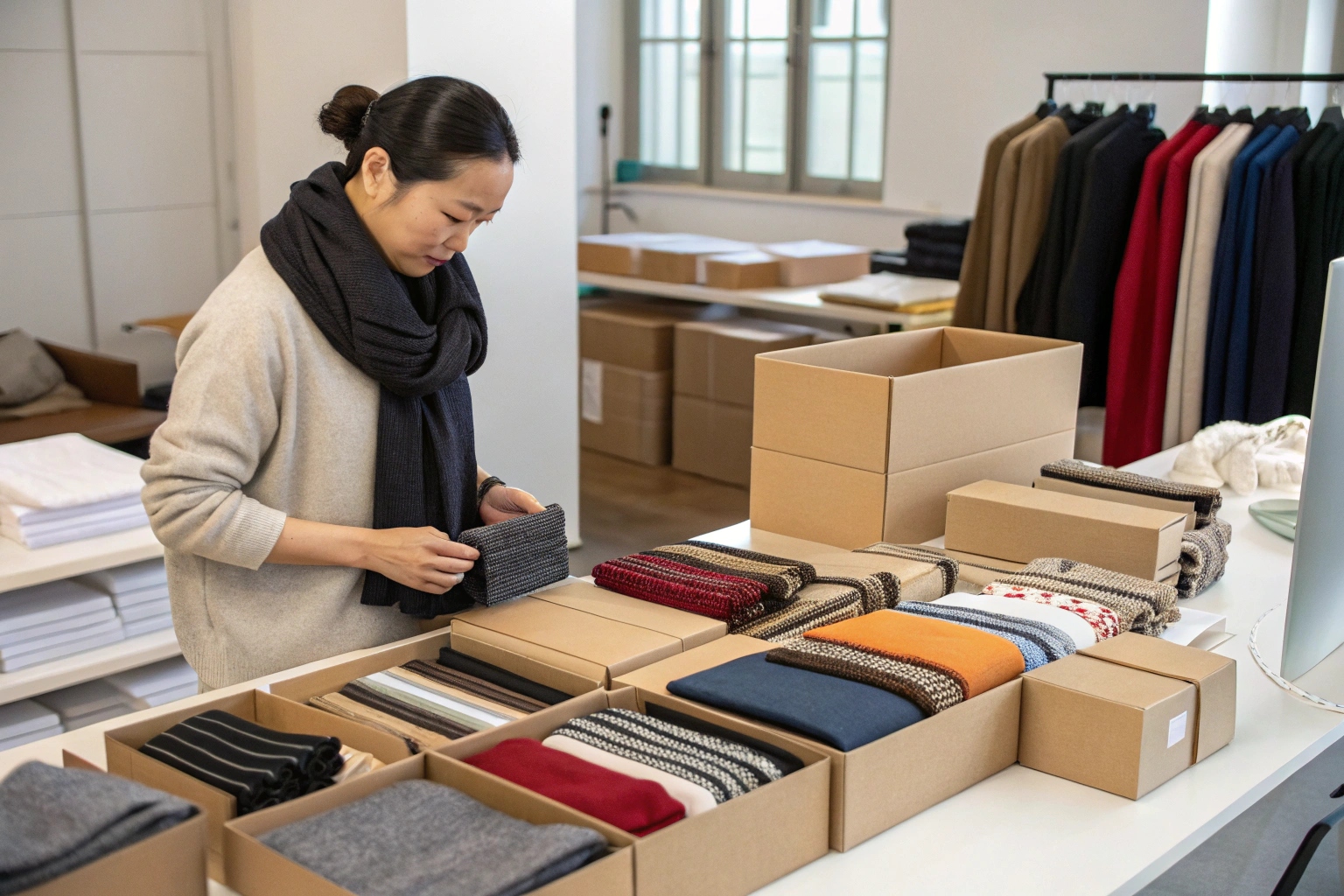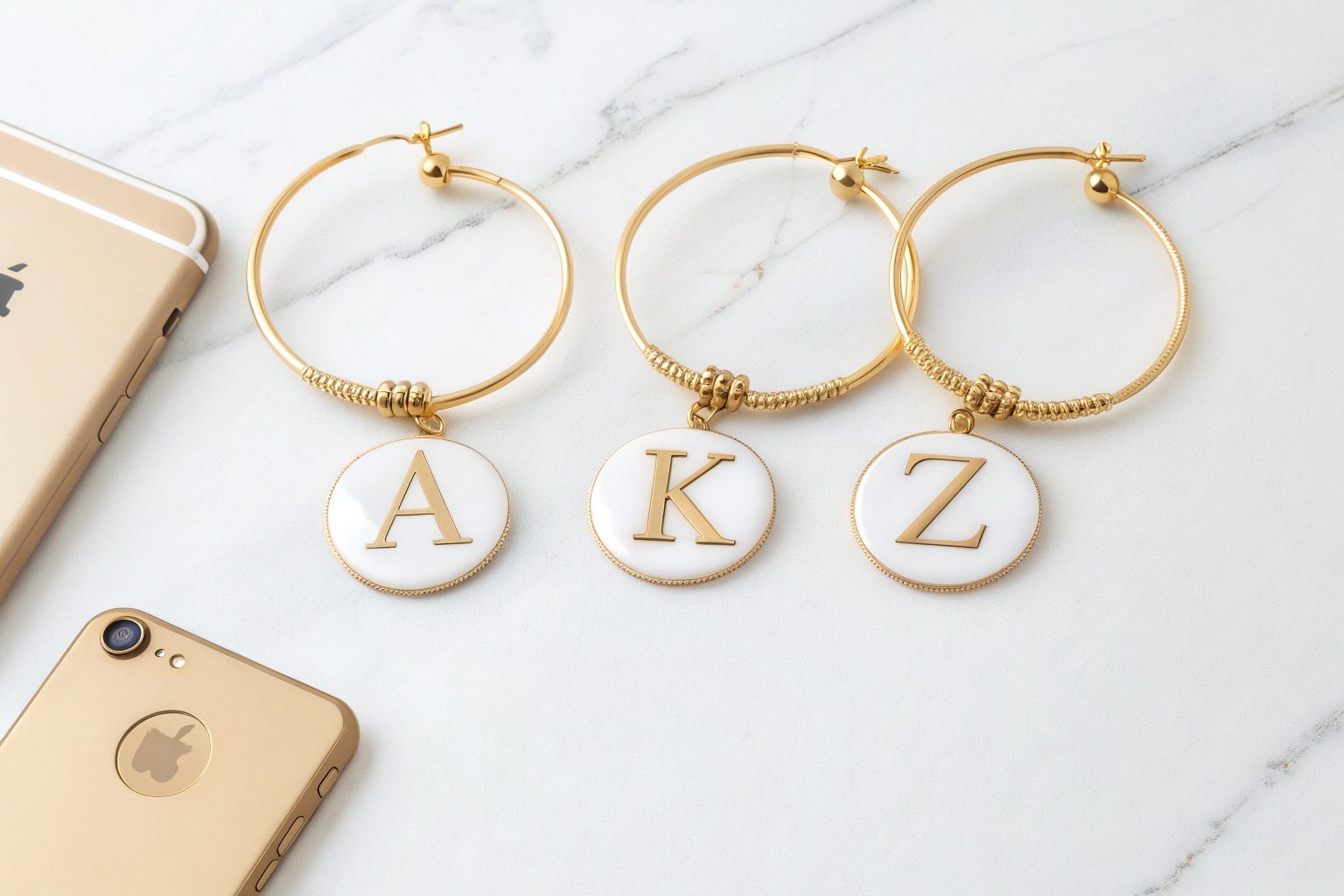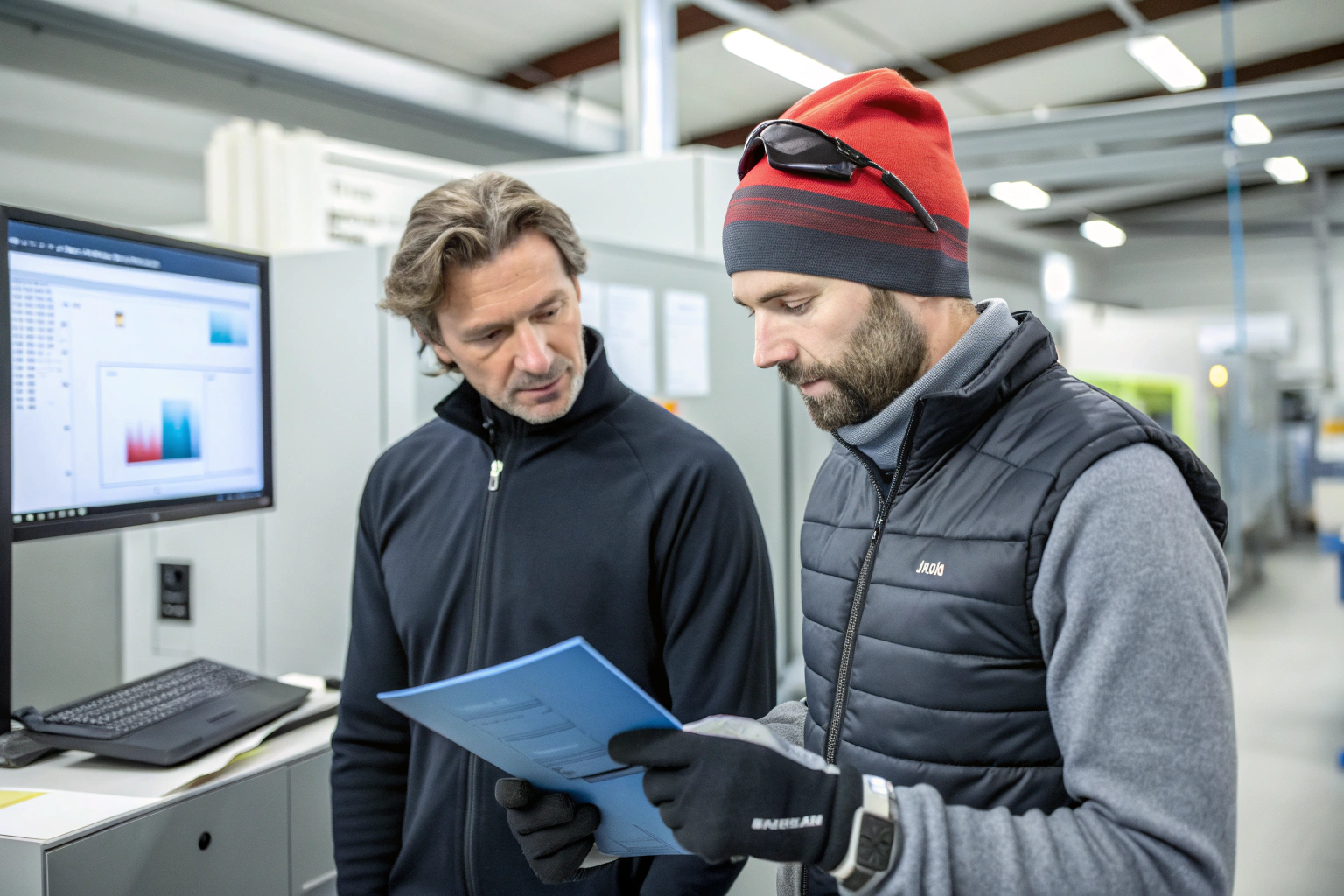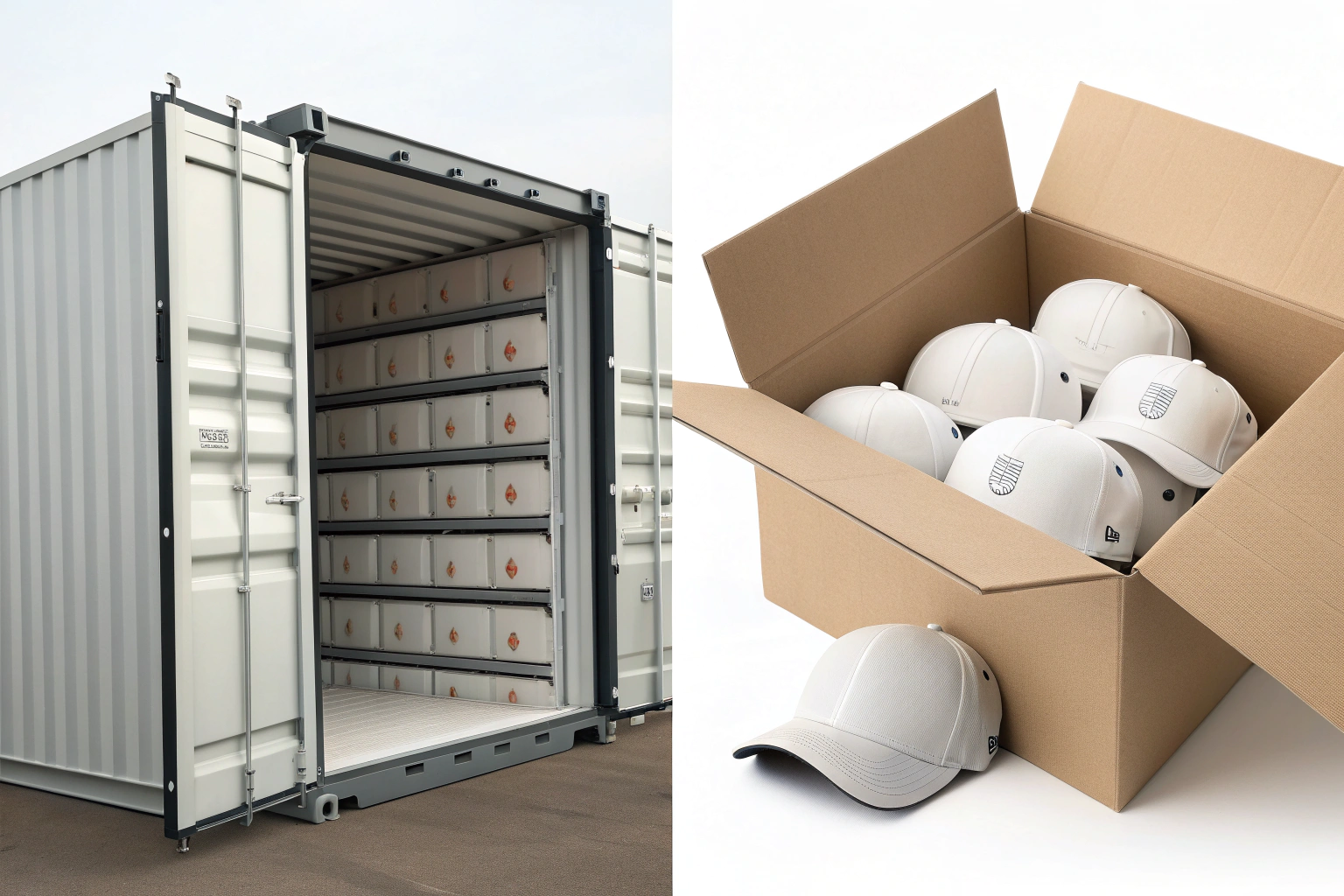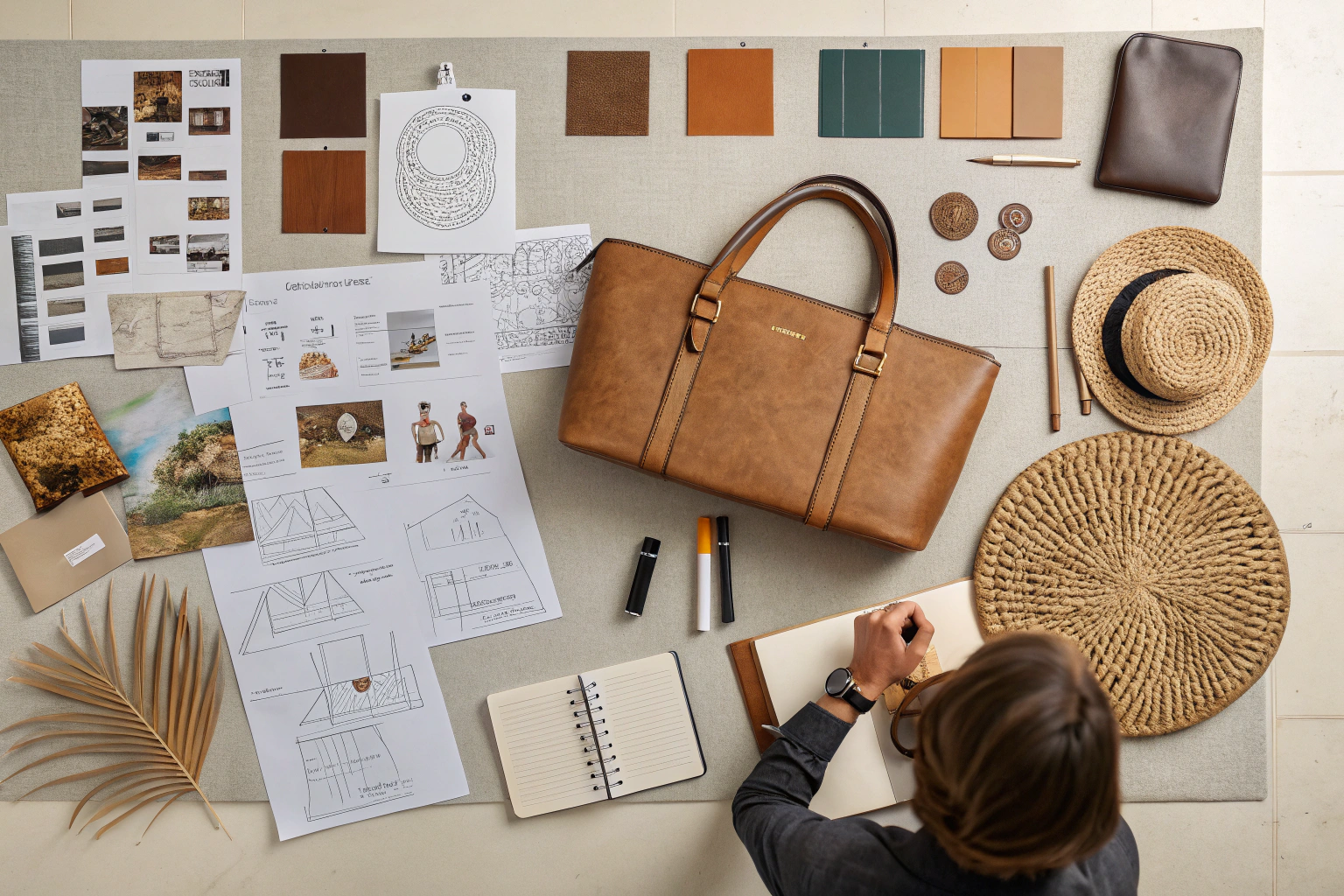Freight costs are rising fast. For accessory importers, bulky or inefficient packaging often means higher per-unit shipping fees—and lower profit margins.
Innovative packaging solutions—like flat-packed designs, lightweight materials, and modular inserts—are helping accessory brands reduce freight costs and improve logistics efficiency.
At AceAccessory, we design packaging not just for looks—but for logistics. Here’s how we help brands save shipping costs from the inside out.
How to reduce packaging material cost?
Excessive packaging drives up both material and freight costs. Many brands waste money on overly complex boxes or filler that adds bulk but not value.
To reduce packaging material costs, choose right-size packaging, switch to lightweight recycled materials, and consolidate accessory SKUs in multi-product cartons.
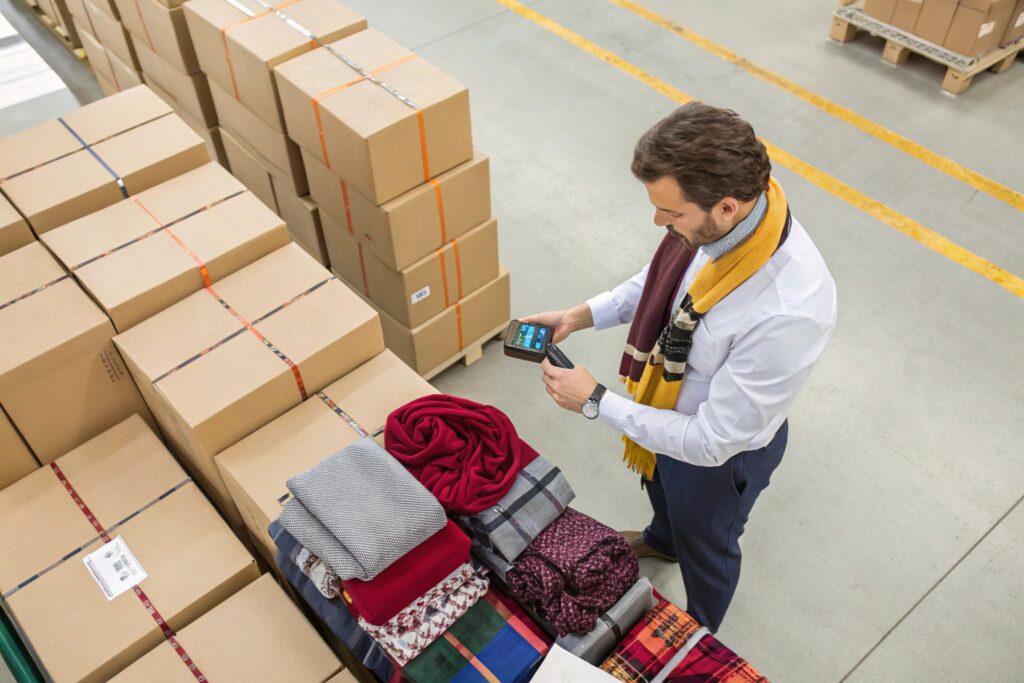
3 Key Ways to Cut Packaging Costs
| Strategy | How It Saves Money |
|---|---|
| Optimize Box Sizes | Smaller cartons reduce dimensional (volumetric) weight |
| Use Recycled or Hybrid Paper | Lower cost per unit vs virgin materials |
| Consolidated Inner Packing | Less individual wrapping, more carton space used |
At AceAccessory, we’ve helped brands save up to 15% in sea freight by redesigning inner packaging—replacing bubble wrap with kraft sleeves and standardizing box sizes across product lines.
What are the future trends in packaging?
Accessory brands are increasingly pressured to balance cost-efficiency with sustainability and retail presentation. The future is about doing more with less—smarter, lighter, and greener.
Key trends include minimal packaging design, mono-material systems, paper-based protective fillers, and integrated freight-data tagging to improve logistics flow.
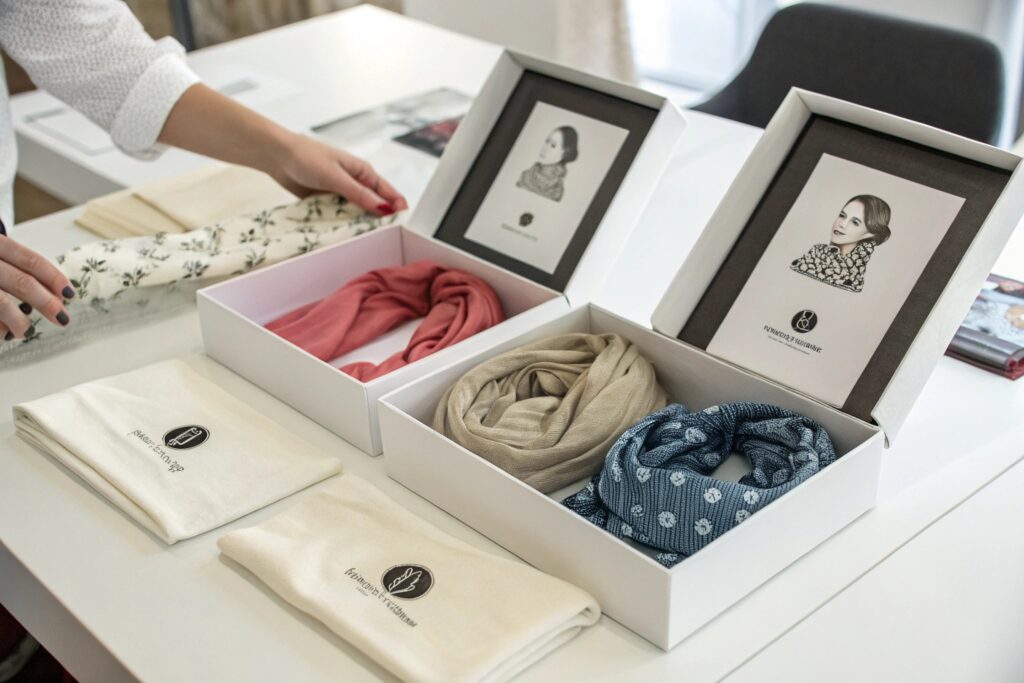
Leading Packaging Trends
- Minimal Branding Prints: Reduce ink and allow easy recycling
- Flat-Foldable Inserts: Store efficiently before use
- Hybrid Kraft + Bioplastic Pouches: Eco-friendly + durable
- Built-in QR for Inventory: Smart scan-to-stock packaging
- Mono-Material Systems: Easier for end-user recycling (e.g., all paper or all PET)
We’ve started supplying retailers in the EU with zero-plastic accessory packs, especially for scarves, belts, and headwear—using paper trays and windowed envelopes instead of plastic sleeves.
How Flat-Packed Options Cut Freight Costs
Flat-packed packaging isn't just for furniture. It’s an essential tool for accessories too—especially when you ship high volumes with size-sensitive freight pricing.
Flat-packed accessory packaging reduces carton height, increases stacking density, and is perfect for items like scarves, belts, gloves, and even hats.
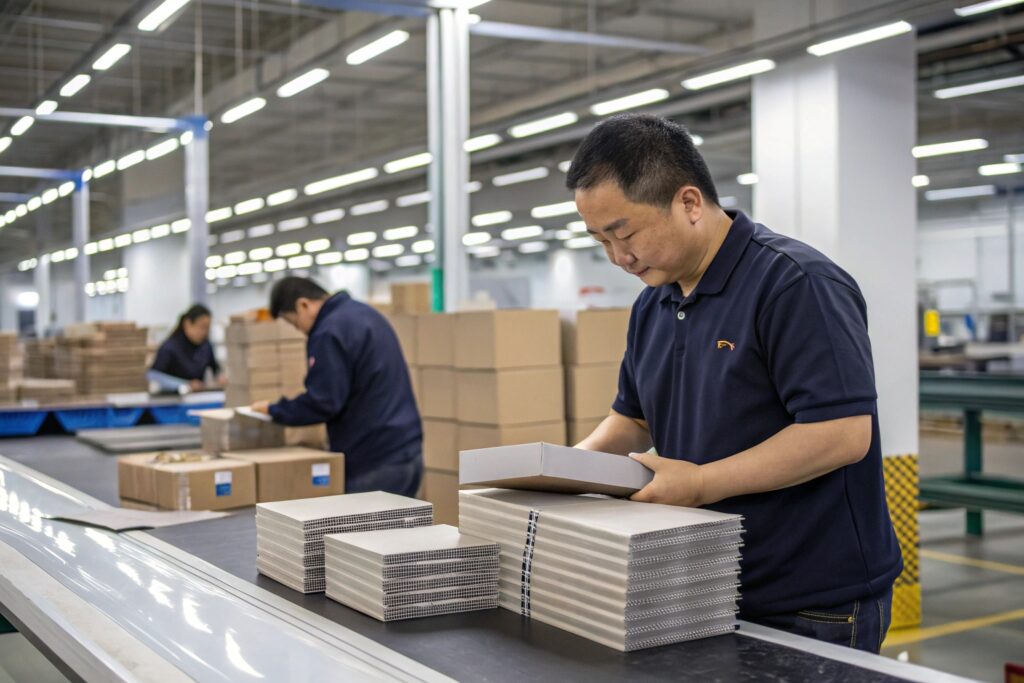
Benefits of Flat-Pack Systems
| Benefit | Result |
|---|---|
| Lower Dimensional Weight | Saves on air and express fees |
| Easier Palletization | Higher stacking, fewer damaged units |
| Reduced Unused Void | Less filler, better fit |
| Post-Shipment Assembly | Foldable boxes or inserts used only at warehouse |
We worked with one EU client on a seasonal beanie line. By switching to flat-inserted header cards instead of 3D display boxes, their total ocean freight cost dropped by 18%—with no impact on product presentation at store level.
Conclusion
Packaging is no longer just about protection or branding—it’s a freight cost strategy. By adopting space-saving and flat-packed designs, accessory brands can ship smarter, cheaper, and greener from China to global markets.

